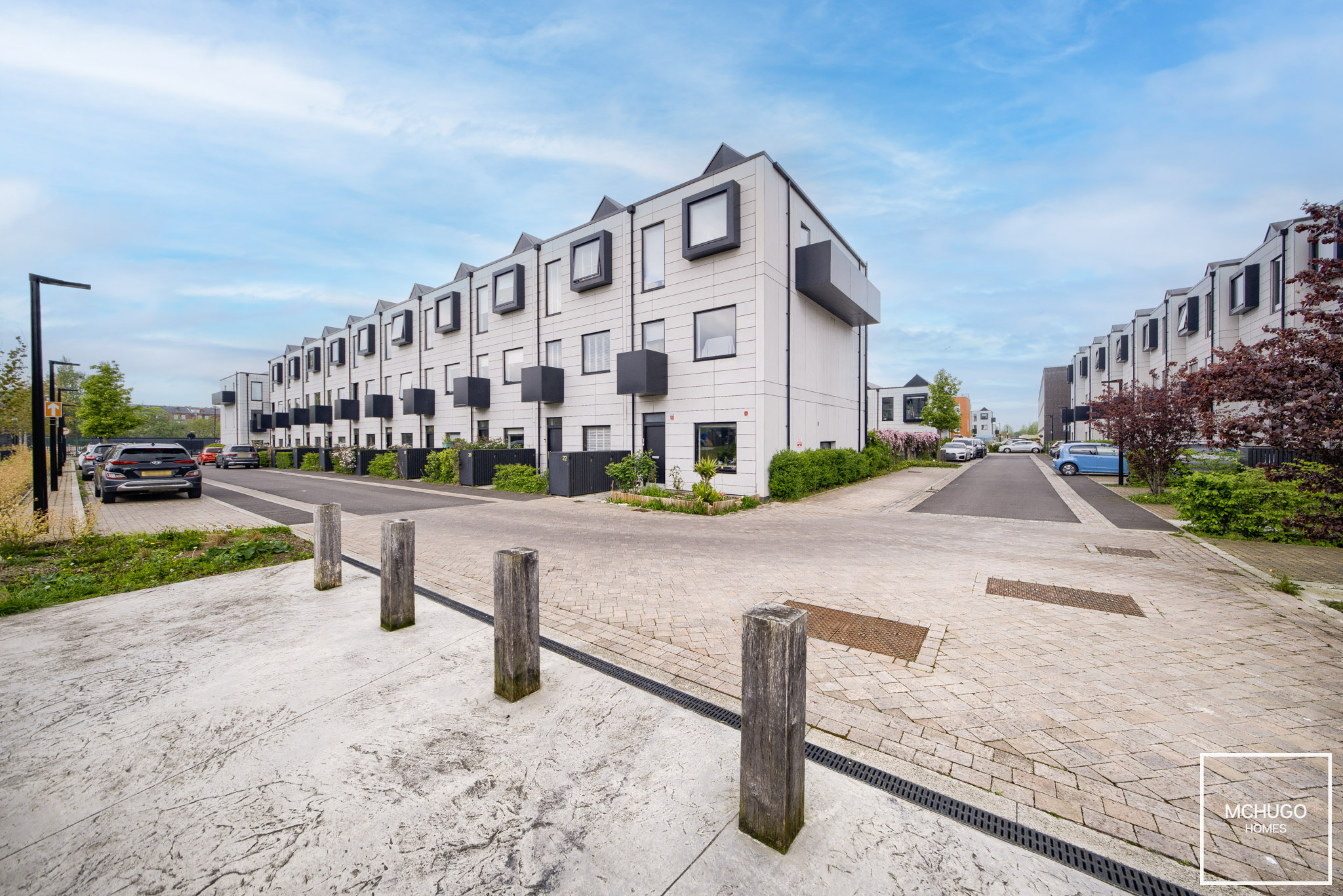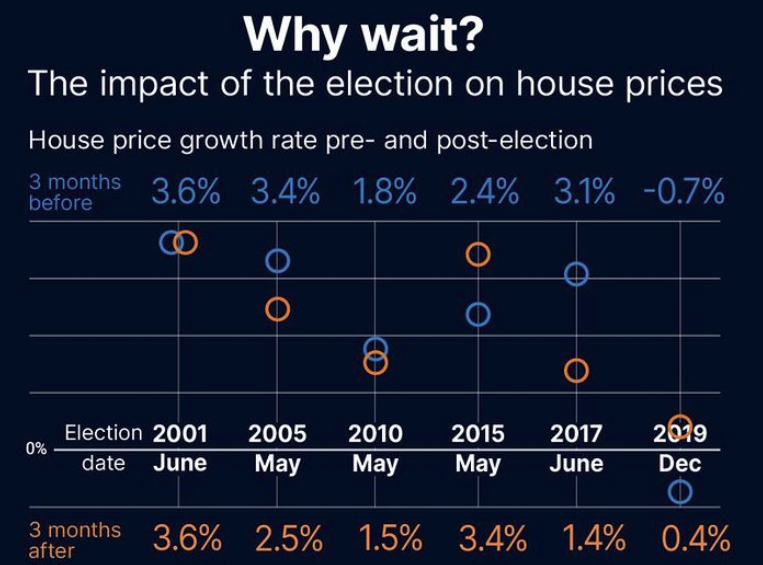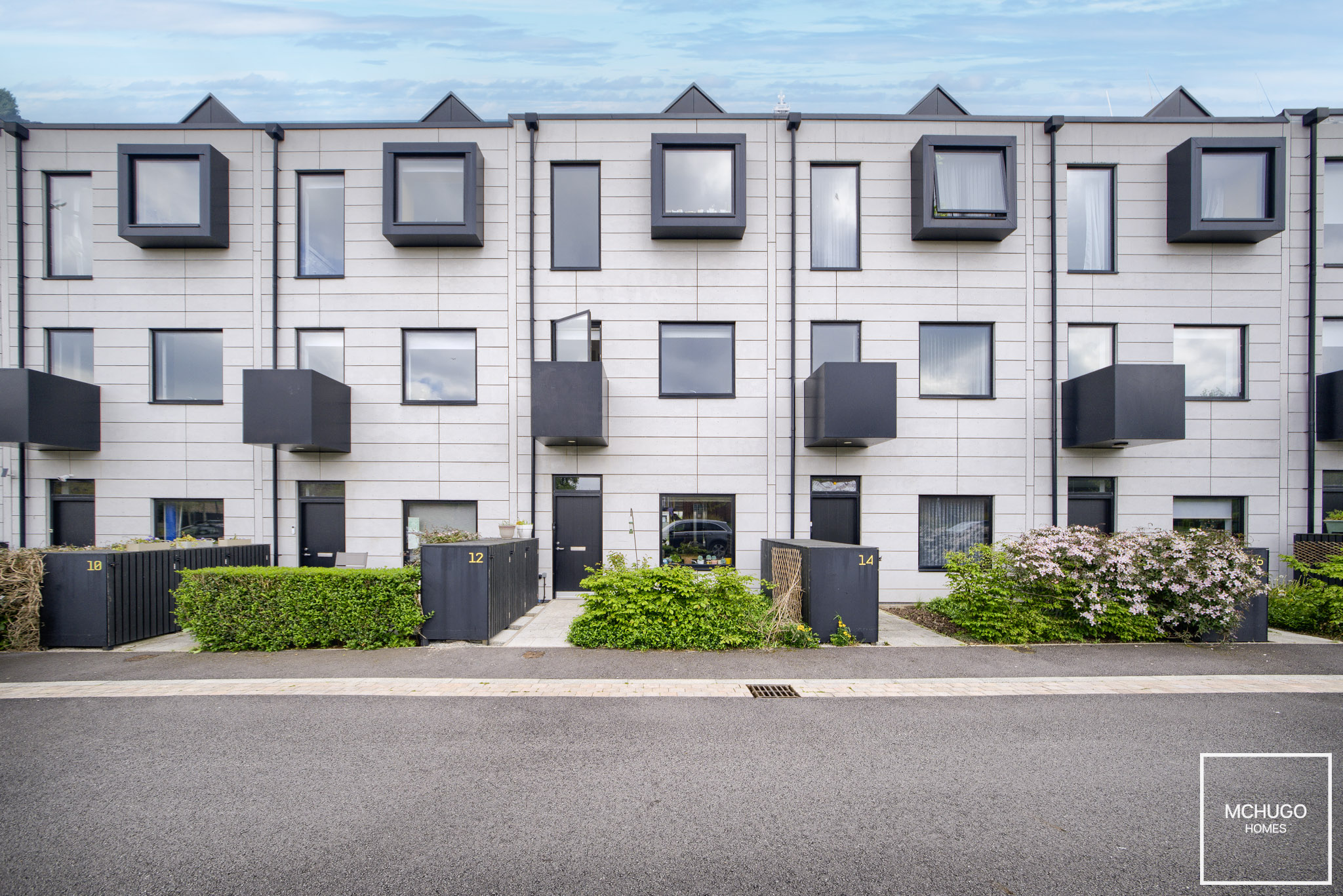Politics has significantly influenced our lives, especially in the past month. With inflation hitting a three-year low of 2.3%, the annual price change for a property in the UK up by 0.7%, a potential base rate cut in June, and a general air of positivity, the landscape seemed promising. However, this optimism was overshadowed when Rishi Sunak called a snap election on 22nd May, set for 4th July.
The impending general election adds another layer of complexity to an already intricate property market. Political campaigns and elections historically create uncertainty, influencing market sentiment and investor confidence. The property market is particularly sensitive to the policies of competing parties, the stability of the political climate, and the general economic outlook.
Here are some key ways in which a general election might impact the UK property market:
1. **Market Uncertainty:**
- Pre-Election Period: Leading up to an election, uncertainty often increases as buyers and sellers adopt a ‘wait-and-see’ approach. This can lead to a slowdown in property transactions and price fluctuations.
- Post-Election Period: Once the results are in, the market often responds to the perceived stability or instability of the new government. A clear majority may boost confidence, whereas a hung parliament might prolong uncertainty.
2. **Policy Announcements:**
- Housing Policies: Parties often campaign on housing policies, such as changes in property taxes, stamp duty reforms, affordable housing initiatives, and rental market regulations. These policies can directly impact buyer behavior, property prices, and rental yields.
- Taxation and Spending: Broader fiscal policies, including income tax, corporation tax, and government spending on infrastructure, can influence economic growth and consumer confidence, thereby impacting the property market.
3. **Economic Outlook:**
- Confidence and Investment: Elections that result in a government perceived as business-friendly can boost investor confidence, leading to increased investment in the property market. Conversely, policies seen as detrimental to economic growth can dampen investment.
- Interest Rates: The economic policies of the new government can affect interest rate expectations. Higher rates can increase mortgage costs, potentially cooling the property market, while lower rates might stimulate it.
4. **Regulatory Changes:**
- Planning and Development: Changes in planning laws and regulations can affect the supply of new housing. A government that eases planning restrictions might encourage development, increasing supply and potentially stabilizing prices.
- Rental Market: Regulations affecting landlords and tenants, such as rent controls or changes in tenancy laws, such as the Renteor Refimr Bill, can impact the rental market, influencing investment decisions and rental prices.
 5. Regional Variations:
5. Regional Variations:
- Policy Impact by Region: Different regions may be affected differently depending on the specific policies proposed. For instance, policies aimed at boosting the Northern Powerhouse might lead to increased property investment in the North of England compared to other areas.
In summary, the correlation between general elections and the housing market is profound. Elections inject a significant level of uncertainty, which can impact market activity, investor confidence, and economic policies, all of which play crucial roles in shaping the property market.
We look forward to sharing marketing insights on how this can affect the Harborne and Edgbaston market place. Fell free to reach out in the meantime with questions you have about the impact on you at movinghome@mchugohomes.co.uk
P.S check out the vakue of your home in an instant at https://insights.street.co.uk/l/9b05231d-b5c2-4cf1-8291-b3a58a00eb4a/property-search






Share this with
Email
Facebook
Messenger
Twitter
Pinterest
LinkedIn
Copy this link